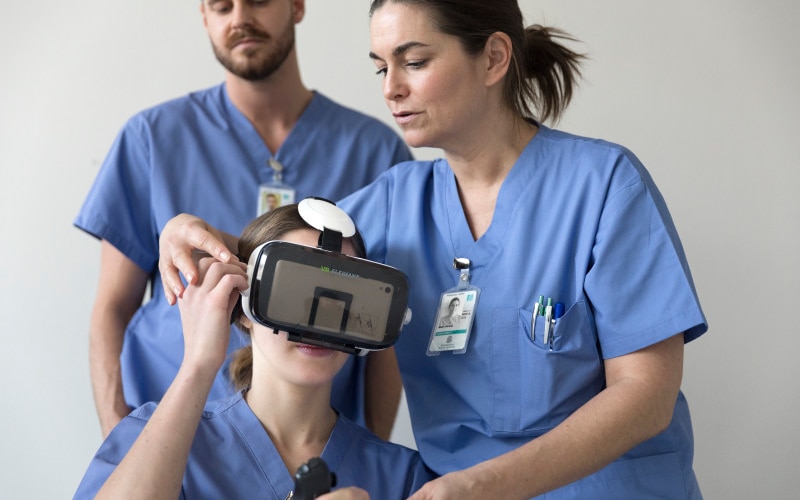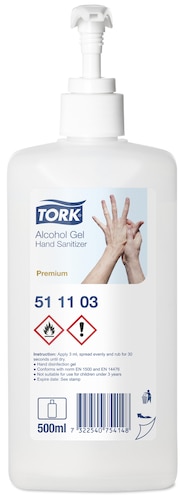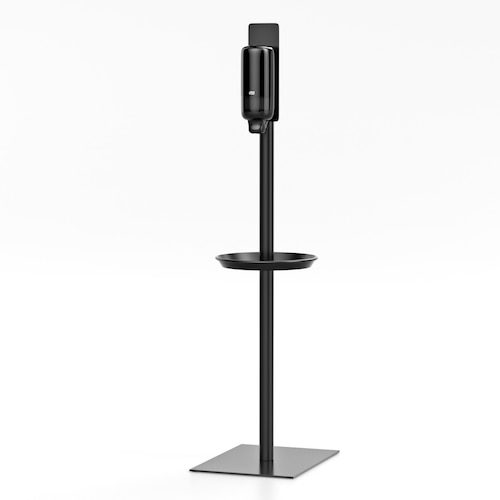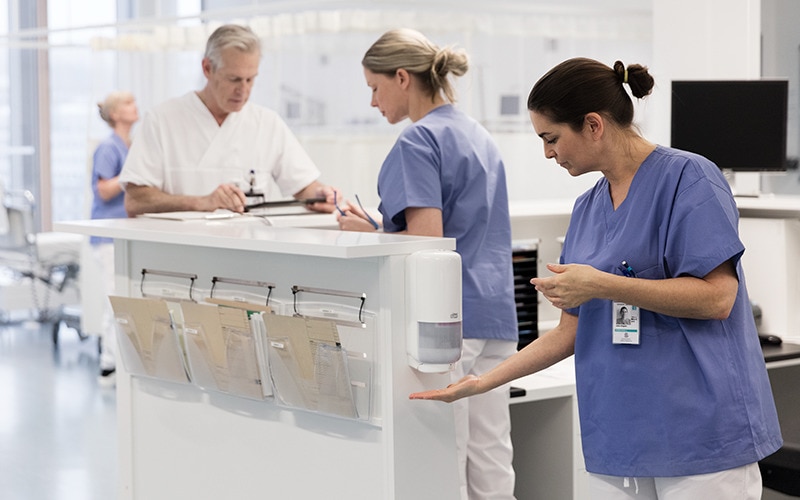
Fight Healthcare Associated Infections with hand hygiene
Best way to fight HAIs is to improve hand hygiene. In the articles below you can read more about HAIs and how to prevent them.
Today, healthcare associated infections (HAIs) are still a significant problem for hospitals and healthcare institutions. Each year, millions of patients worldwide are affected by hospital acquired infections (HAIs) (also called nosocomial infections), that lead to many complications and are potentially life threatening. The consequences are grave, as these infections inflict physical pain, hinder recovery and can sometimes be fatal. HAIs also cause enormous costs for society, which is why there are many players attempting to fight them, the World Health Organization being just one.
According to WHO, the most effective way to combat HAIs is by practicing hand hygiene. As a healthcare professional, you undoubtedly already know the importance of hand hygiene. In fact, research has shown that nurses are the most compliant when it comes to hand hygiene. But ensuring hand hygiene compliance among all staff is not always easy. You may need support in carrying out good hygiene in practice. Plus, when it comes to visitors and patients, information to create awareness is often required.
Besides ensuring good hand hygiene in hospitals, it’s important to identify risk areas and learn about preventive actions to minimise the risk for spread of infections.
Facts about HAIs
HAIs are a type of infection that occurs in a patient during the process of care in a hospital or other healthcare facility which was not present or incubating at the time of admission. HAIs can affect patients in any type of setting where they receive care and can also develop after discharge.

How to prevent HAIs
Preventing HAIs has never been more important. According to the WHO, there is a worldwide consensus that action is urgently needed to deal with the growing problem of antibiotic resistance. In healthcare, effective infection prevention and control (IPC) is one solution, where hand hygiene compliance is a cornerstone. When it comes to preventing HAIs, in addition to easy access to hand sanitisers and washstations, knowledge about hygiene opportunities and how and when to perform hand hygiene is vital.
In a recent survey, as many as 8 out of 10 healthcare professionals said that they would like to improve their hand hygiene compliance. This shows us just how aware nurses and doctors are of their part in the prevention of spread of diseases and infections, as well as their commitment to patient health. As a provider of many of the hygiene products found in hospital environments, we want to support healthcare professionals in their work to achieve hand hygiene compliance.



